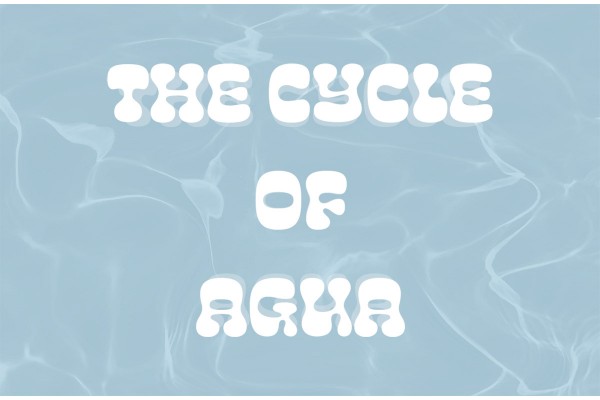Water. Everyone’s favourite health food. We know and love it, and most of us should probably be drinking more of it. Sure, 70% of the Earth is covered in water, and with global warming being today’s hottest topic, sometimes it seems like we are being engulfed by water. But that drip-drip ain’t an infinite resource (nothing is, really).
Here is a simple guide to reusing and recycling water, in the context of culinary excellence, so that you can maximise efficiency in the name of saving the earth.
Step 0 - Harvest water:
Thank fuck water is free in Dunedin, so this part is easy. Simply turn any tap on and bam, water at your fingertips. If you’re looking to harvest your water directly from the land, like a real one, there are a number of possible oases available to you:
- The Leith
- Local water fountains and cafes
- Ross creek
- A dehumidifier
- The beach
- Window condensation from your musty flat
- Fire hydrants
Step 1 - First use:
Grab a pot and get hot and steamy. Luv, it’s boiling time. For the first use of your agua, you could boil up a bunch of vegetables, or beans (if you buy them dry). You can steam some vegetables and other steamable goodies, such as dumplings, at the same time, using the same pot of water.
Step 2 - Second use:
Keep that water in the pot, it’s time to cook some pasta. Now, you don’t have to cook the pasta immediately after your first use of water. You can delay the process a bit and save the water in the fridge if you need.
Anyways, cook your pasta sis, there’ll even be a bit of extra flavour in there from the veges/beans you cooked in the same water earlier. When your pasta is perfectly al dente, make sure you reserve the water once again, because we can get at least one more use out of it.
Step 3 - Third use:
Take some of that vegetable/bean-pasta water and chuck it in the rice cooker to cook some rice. We love carbohydrates in this household. Once again, the flavour of your rice will be enhanced from the previous uses of water. Obviously don’t use all of the vegetable/bean-pasta water to cook your rice, otherwise that rice will be suuuper sloppy.
Step 4 - Fourth use:
You’ll have some water left over after cooking your vegetables/beans/steamables, pasta, and rice. If you’ve got vegetable scraps, such as onion peels, carrot skins and potato skins, you can chuck all of this in a pot with the water and make a mean vege stock. Simply bring the combined water and vege scraps to a simmer in a pot, add a bit of salt, and let all of that hang out for a while.
When the water becomes nice and coloured, fish out the vege scraps and let the water cool. Once cold, you can pour your stock into an ice cube tray and freeze it in the freezer, ready to pop into your meals pop into your meals or your flatmates G&T for a bit of extra flavour.
Here are some simple, non-culinary hacks you can use daily to conserve and re-use water:
● Don’t leave tap water running continuously when you’re using it for things such as brushing your teeth and washing your hands (both of which I hope you all do).
● Only flush the toilet when it needs flushing (if you’ve ever lived on water tanks, you know what I’m talking about).
● Leave the kitchen sink plugged up throughout the day, so at the end of the day after people have used it to rinse their hands and such, there will be some cold water that can be re-used to wash the dishes.
● Invest in a dehumidifier (if you don’t already have one) that can collect water that you can then use for things such as watering your plants and rinsing out the rubbish bin.
If you care about our planet and not running our natural resources dry, try out some of these less wasteful ways of using water. I know these small changes can seem like useless and feeble attempts at preventing the inevitable drowning of our Earth, but they can serve as a way of getting your mind to start thinking about how we can be kinder to our planet.
My people’s islands and homes are being, and are finna be, swallowed whole, and we need to continue fighting for them. These small changes we can implement into our daily lives can help us feel like we’re fighting when our voices become drowned out by capitalism.







